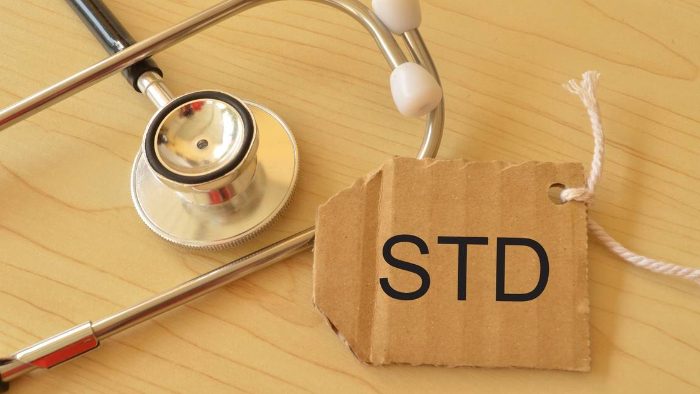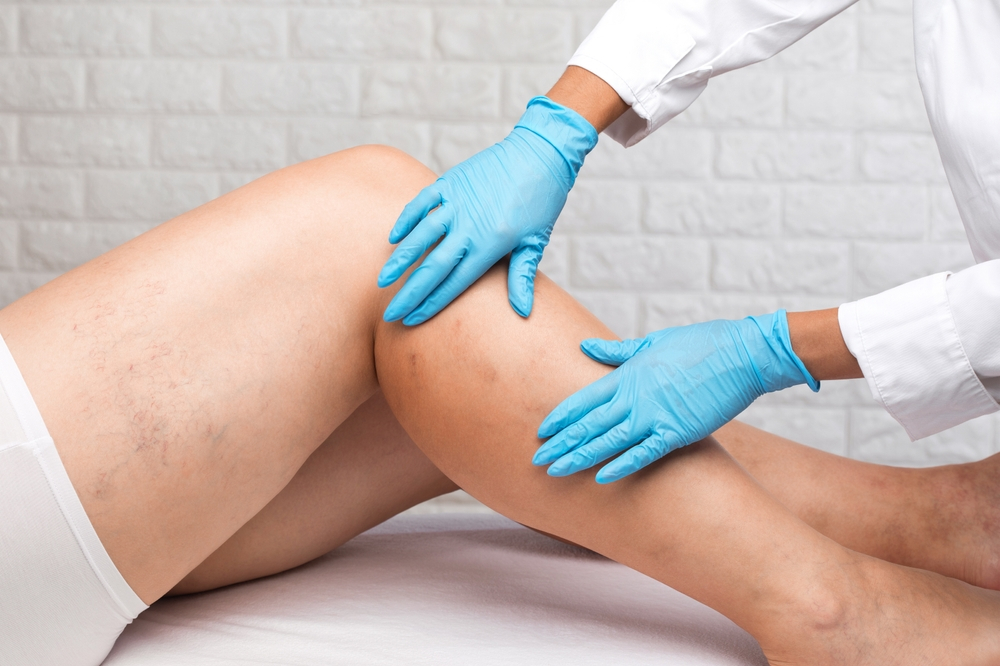South Africa has a growing number of addiction help centres that offer various treatment options for individuals struggling with addiction. These centres provide a range of services, including relapse prevention, which is crucial in ensuring long-term recovery. Relapse prevention involves identifying triggers and developing strategies to cope with them, as well as creating a support system to help individuals maintain sobriety.
In addition to traditional in-person therapy, many addiction help centres in South Africa also offer online therapy options through WeDoRecover. This allows individuals to receive support and treatment from the comfort of their own homes, which can be especially beneficial for those who may not have access to transportation or live in remote areas. Online therapy also provides a level of anonymity that may be preferred by some individuals.
Addiction help centres in South Africa provide a range of treatment options for individuals struggling with addiction. Whether seeking in-person or online therapy, individuals can receive the support and tools necessary to achieve and maintain long-term recovery.
Understanding Addiction
Addiction is a complex and chronic disease that affects millions of people worldwide. It is a condition that arises from the repeated use of a substance or engagement in an activity that leads to compulsive behaviour and negative consequences. Addiction can affect anyone, regardless of their age, gender, or social status.
Alcohol Addiction
Alcohol addiction is a common form of addiction that affects millions of people worldwide. It is a chronic disease that is characterised by the compulsive use of alcohol despite the negative consequences it has on the individual’s life. Alcohol addiction can lead to a range of physical and mental health problems, including liver disease, depression, anxiety and social isolation.
Cocaine Addiction
Cocaine addiction is a serious and often life-threatening condition that affects individuals who abuse cocaine. It is a highly addictive drug that can lead to a range of physical and mental health problems, including heart attacks, strokes and psychosis. Cocaine addiction requires specialised treatment to overcome, as it can be difficult to quit without professional help.
Dagga Addiction
Dagga addiction is a growing problem in many parts of the world, as the drug becomes more widely available and socially acceptable. Dagga addiction can lead to a range of physical and mental health problems, including memory loss, anxiety and depression. It is important to seek professional help to overcome dagga addiction, as it can be difficult to quit without support.
Process Addiction
Process addiction is a type of addiction that involves compulsive engagement in activities that do not involve the use of drugs or alcohol. It is characterised by a lack of control over the behaviour, despite the negative consequences it has on the individual’s life. Process addictions can include activities such as gambling, shopping and sex.
Sex Addiction
Sex addiction is a type of process addiction that involves compulsive engagement in sexual activities. It is characterised by a lack of control over the behaviour, despite the negative consequences it has on the individual’s life. Sex addiction can lead to a range of physical and mental health problems, including sexually transmitted infections, depression and anxiety.
Understanding addiction is the first step towards recovery. It is important to recognise the triggers that lead to addictive behaviour and seek professional help to overcome addiction. Mental health problems can also contribute to addiction and it is important to address these issues in order to achieve long-term recovery. With the right support and treatment, it is possible to overcome addiction and lead a fulfilling life.
Treatment and Recovery
Addiction Rehab Centres in South Africa
South Africa has a number of addiction treatment centres that offer a range of services to help individuals overcome addiction. These centres are staffed by trained professionals who provide guidance and support throughout the recovery process. Some of the treatment centres in South Africa include Johannesburg Addiction Treatment Centre, Cape Town Addiction Treatment Centre, Durban Addiction Treatment Centre and WeDoRecover.
Johannesburg hosts several premier rehabilitation centres dedicated to drug and alcohol recovery. These facilities offer a spectrum of treatments tailored to the needs of individuals, supported by the latest research and therapeutic techniques. For details on the best facilities in Johannesburg, review Johannesburg’s best drug and alcohol rehab.
Online Therapy
Online therapy is an accessible and affordable option for individuals seeking addiction treatment. It provides the opportunity for one-on-one therapy sessions with a qualified addiction counsellor from the comfort of your own home. Some online therapy options available in South Africa include WeDoRecover and Addiction Recovery Advisory Service.
Recovery Planning
Recovery planning is an essential part of the addiction recovery process. It involves creating a plan for maintaining sobriety and preventing relapse. This plan should include strategies for managing triggers, seeking support and engaging in activities that promote overall wellness. Recovery planning should be an ongoing process that adapts to the changing needs of the individual.
Codependency
Codependency is a common issue among individuals affected by addiction. It can be addressed through therapy and support groups such as Al-Anon. Codependency treatment focuses on helping individuals develop healthy boundaries and learn to take responsibility for their own emotional well-being. It is important for codependents to seek treatment alongside their loved ones who are struggling with addiction.
In summary, addiction treatment and recovery in South Africa can be accessed through a variety of options including addiction rehab centres, online therapy and support groups. Recovery planning and addressing codependency are important components of the recovery process. It is important for individuals to engage in quality treatment options and take responsibility for their own recovery journey in order to achieve long-term sobriety.
Specialised Treatment Programs
Eating Disorder Treatment
Eating disorders are complex conditions that require specialised treatment. The first step is often to stabilise the patient’s medical condition and address any immediate health concerns. This is followed by a combination of therapeutic approaches, including cognitive behavioural therapy, family therapy and nutritional counselling. The goal of treatment is to help the patient develop a healthier relationship with food and their body and to address any underlying psychological issues that may be contributing to the disorder.
Gambling Addiction
Gambling addiction is a serious condition that can have devastating consequences for the individual and their loved ones. Treatment typically involves a combination of therapy and support groups, such as Gamblers Anonymous. Cognitive behavioural therapy is often used to help the individual identify and change their gambling behaviours, while family therapy can help address any underlying issues within the family dynamic that may be contributing to the addiction.
Heroin Addiction
Heroin addiction is a chronic, relapsing condition that requires specialised treatment. The first step is often detoxification, followed by a combination of medication-assisted treatment and behavioural therapy. Medications such as methadone and buprenorphine can help reduce cravings and withdrawal symptoms, while behavioural therapy can help the individual develop coping skills and address any underlying psychological issues that may be contributing to the addiction.
Overall, specialised treatment programs are essential for addressing the unique needs of individuals struggling with addiction and other mental health issues. Quality treatment options are available through rehab centres and online therapy services like WeDoRecover. It is important to seek help early and be aware of warning signs of relapse in order to achieve long-term recovery.
Support and Aftercare
After completing a treatment program, support and aftercare are essential for maintaining long-term sobriety. Relapse prevention is a crucial aspect of aftercare and it involves identifying triggers, developing coping mechanisms and creating a recovery plan that includes ongoing support.
Support groups are an excellent source of ongoing support and they provide a sense of community and understanding among individuals in recovery. These groups offer a safe and non-judgmental space to share experiences, receive feedback and gain motivation.
Mental wellness is also crucial for maintaining sobriety and aftercare should include regular check-ins with a mental health professional. This can help individuals address any underlying mental health issues that may have contributed to their addiction and develop healthy coping mechanisms.
A recovery plan should be tailored to each individual’s specific needs and goals and it should include regular check-ins with a therapist or support group, as well as ongoing education and self-care practices.
Aftercare is an essential part of addiction recovery and it should be viewed as an ongoing process rather than a one-time event. With the right support, individuals can maintain long-term sobriety and lead fulfilling lives in recovery.
Preventing Relapse
Relapse is a common occurrence in addiction recovery, but it can be prevented with the right strategies and mindset. It is important to remember that recovery is a lifelong process and staying sober requires ongoing effort and commitment.
Identifying Triggers
One of the key strategies for preventing relapse is identifying triggers. Triggers are situations, people, or emotions that can lead to cravings and ultimately, relapse. By identifying triggers, individuals in recovery can develop strategies for avoiding or coping with them.
Developing Coping Skills
Developing coping skills is another important aspect of relapse prevention. Coping skills can include things like exercise, mindfulness and positive self-talk. These skills can help individuals manage stress and emotions in a healthy way, reducing the likelihood of turning to drugs or alcohol.
Seeking Support
Having a strong support system is essential for maintaining sobriety. This can include friends, family and addiction professionals. Support can provide encouragement, accountability and guidance when needed.
Aftercare
Aftercare is an important part of relapse prevention. After completing a treatment program, individuals should continue to attend support groups, therapy sessions, or other forms of aftercare. This can help individuals stay connected to their recovery community and continue to work on their sobriety.
Warning Signs
Being aware of warning signs is crucial for preventing relapse. Warning signs can include things like increased stress, changes in mood and cravings. By recognizing these signs early, individuals can take action to prevent relapse.
Motivation
Staying motivated is key to preventing relapse. This can involve setting goals, celebrating milestones and reminding oneself of the benefits of sobriety. By staying motivated, individuals can continue to work towards a healthier, happier life in recovery.
Addiction profoundly affects brain functions, altering reward, motivation, memory, and related circuits, which reinforces addictive behaviors. Understanding these impacts can inform more effective treatment strategies. For more on how addiction influences brain functions, visit understanding the impact of addiction on brain functions.
Ultimately recovery from addiction is a comprehensive process involving medical, psychological, and supportive interventions. It requires a tailored approach that adapts to the unique challenges faced by each individual. Insight into recovery strategies can be found at recovering from an addiction.

A captivating wordsmith and dynamic blogger. With her pen as her wand, she weaves enchanting tales and thought-provoking insights that leave readers spellbound. Embrace the magic of her storytelling prowess and embark on an unforgettable literary journey with this talented writer.





